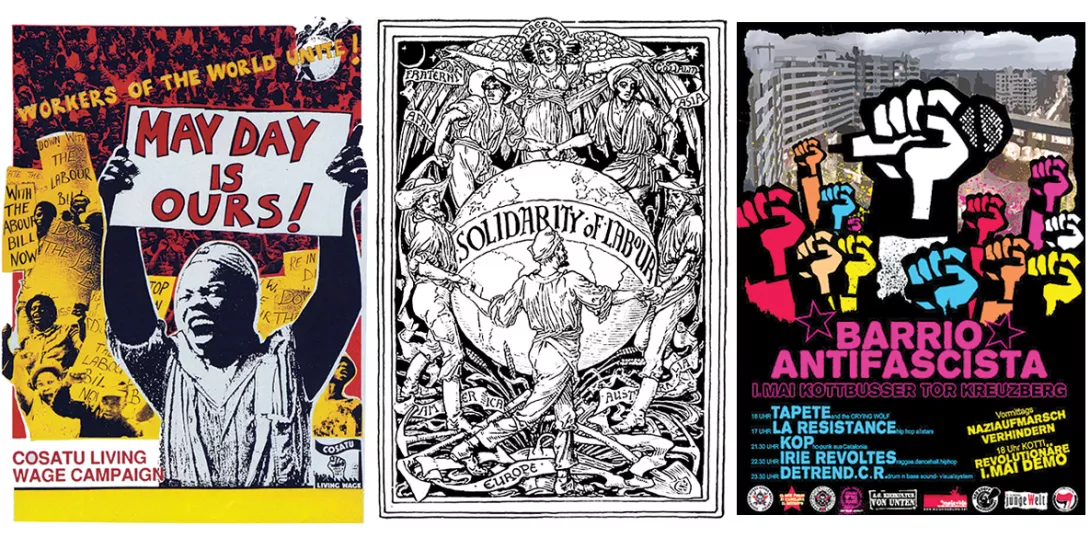VIJAY PRASHAD examines why in 2018 Washington started to take an increasingly belligerent stance towards ‘near peer rivals’ – Russa and China – with far-reaching geopolitical effects
Cuban internationalism not reciprocated
Cuba deserves, in its hour of need, a far greater international support than it receives, writes GREG GODELS
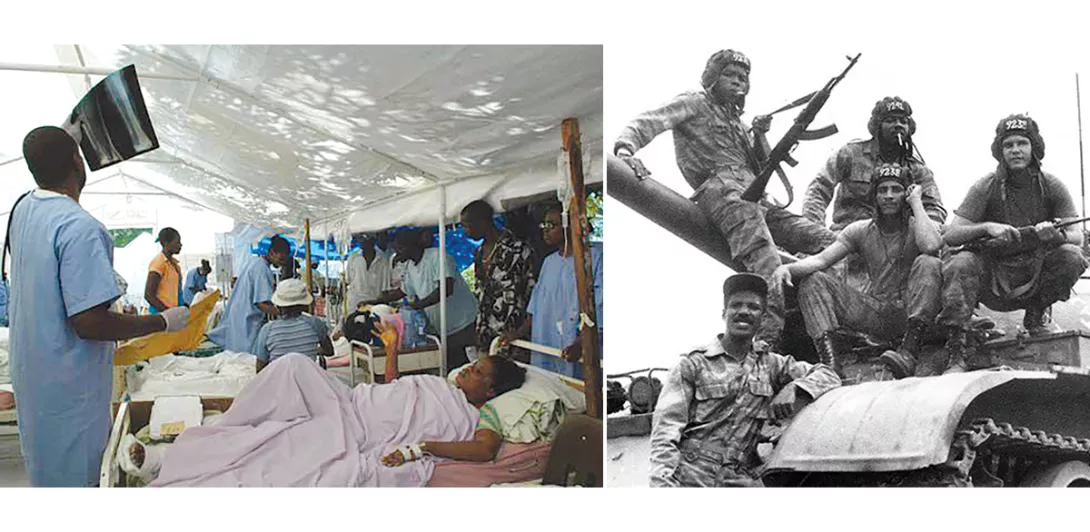
IT IS difficult to think about Cuba without engaging emotionally. I couldn’t get back to sleep the other night, distressed over the tragic blackout of nearly the entire country with a hurricane approaching.
Yes, the genocide in Palestine and Lebanon evokes similar fits of emotion and sleeplessness; the actions of the Israeli government are obscenely bestial and criminal.
Yet Cuba, because of its over six decades of defiance of US imperialism and its enormous sacrifices for other peoples, holds a special place for me.
More from this author
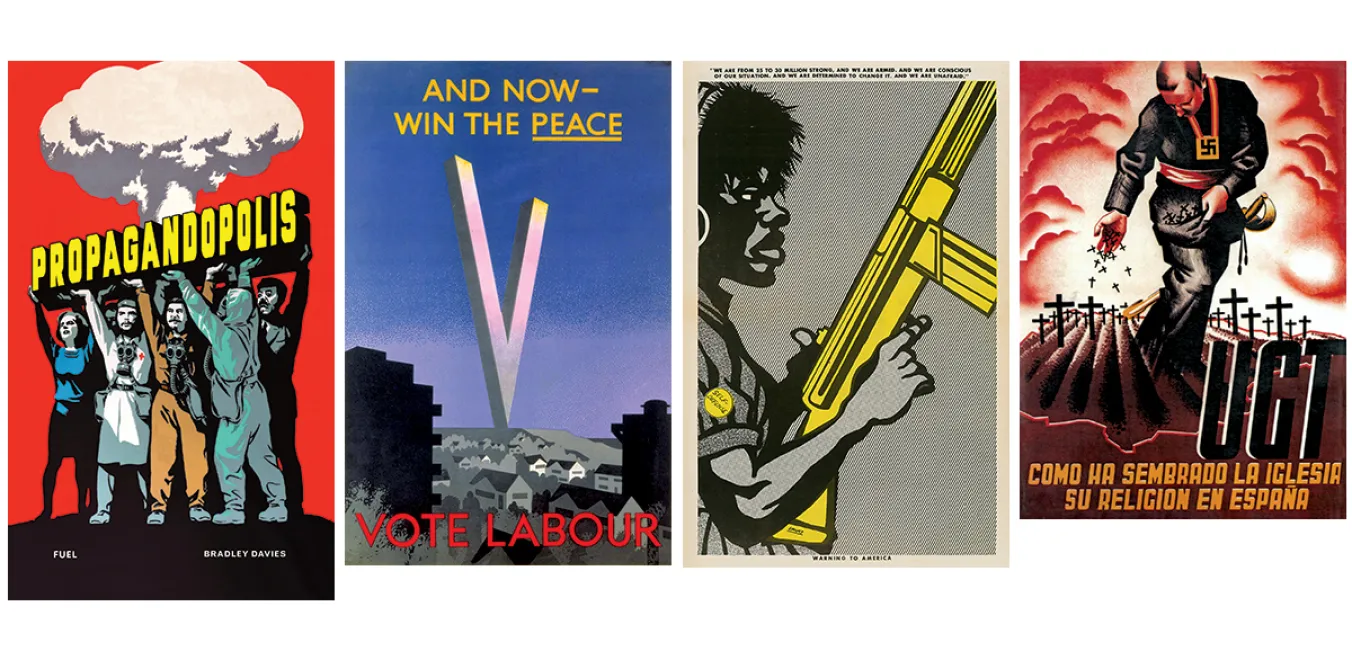
MICHAL BONCZA recommends a compact volume that charts the art of propagating ideas across the 20th century
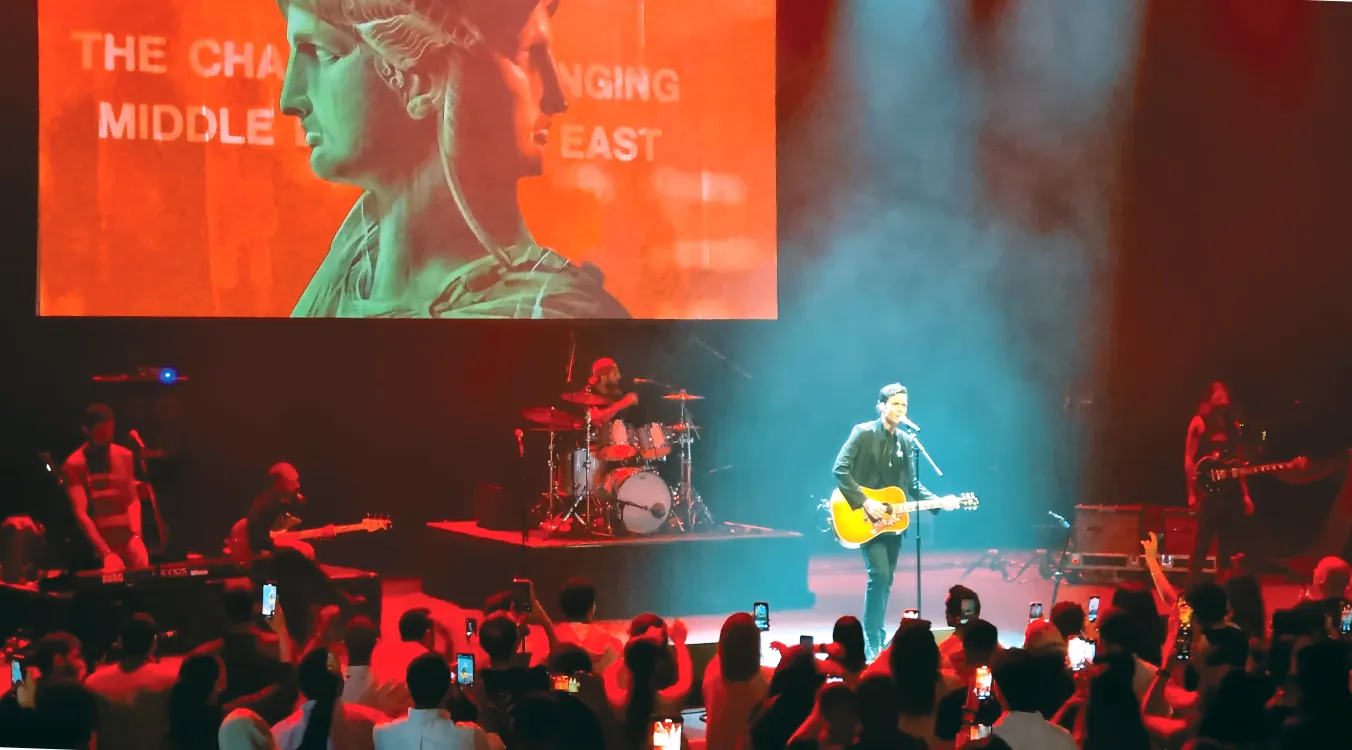
MICHAL BONCZA reviews Cairokee gig at the London Barbican
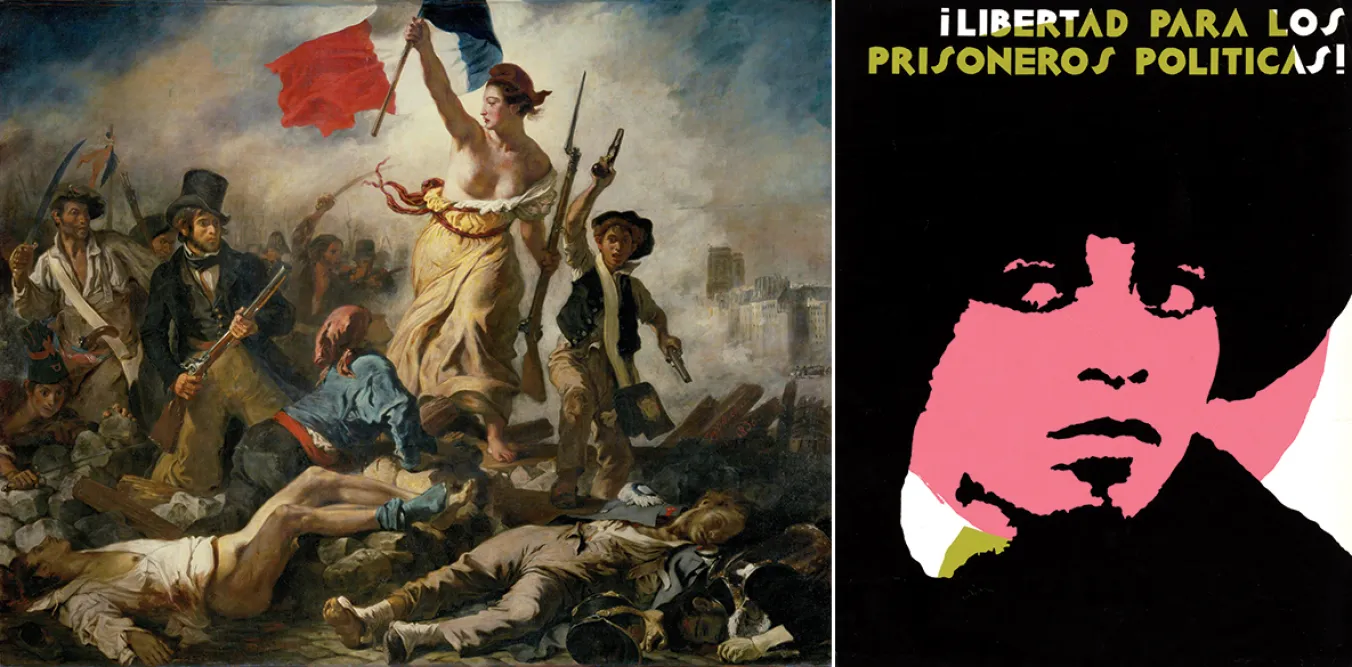
MICHAL BONCZA rounds up a series of images designed to inspire women
Similar stories
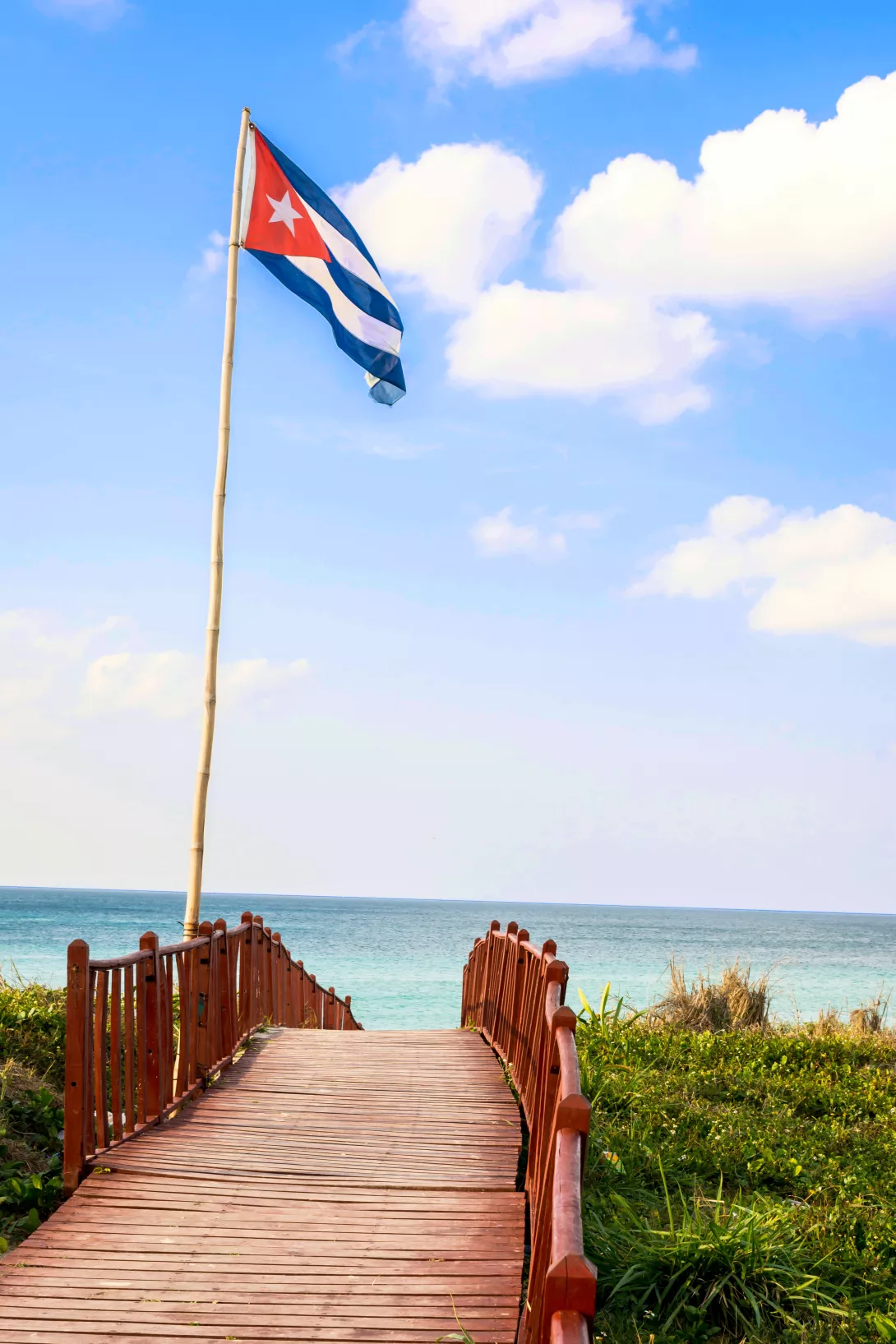
We publish here a speech delivered by BEN CHACKO to the Viva Cuba rally at Labour conference last night

Despite cruel US sanctions, Cuba continues to offer global humanitarian aid and support peace processes, writes KIM JOHNSON MP, urging others to follow Unison’s lead in practical solidarity with the besieged socialist island
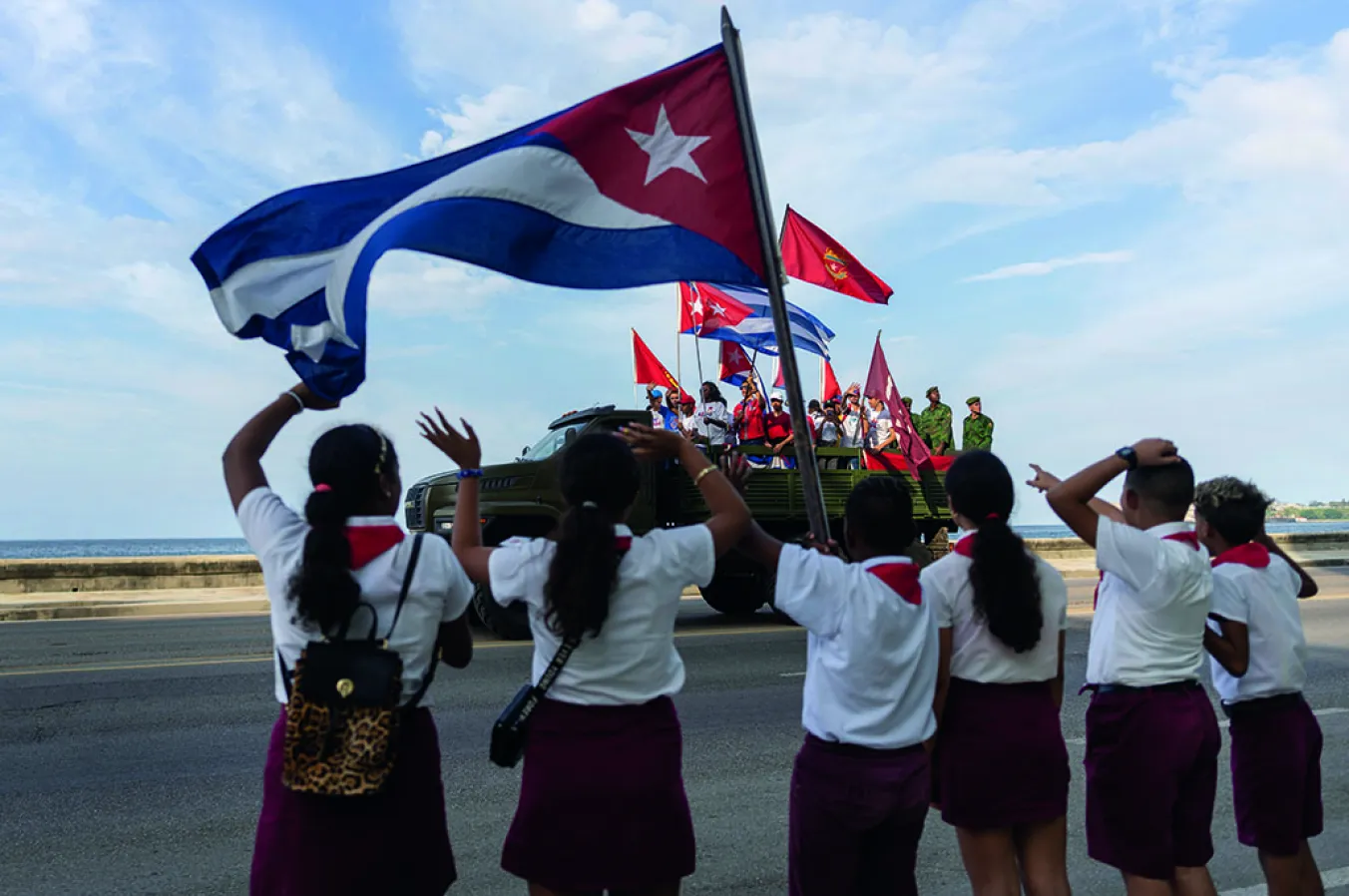
In Havana’s streets, where past and future dance, PAWEL WARGAN traces the island’s unwavering socialist commitment, a torch lighting the path for liberation movements from Angola’s battlefields to Palestine's besieged streets

Cuba has stood unswervingly by Palestine since 1947 guided by its own rejection of imperialist lawlessness, writes BERNARD REGAN










